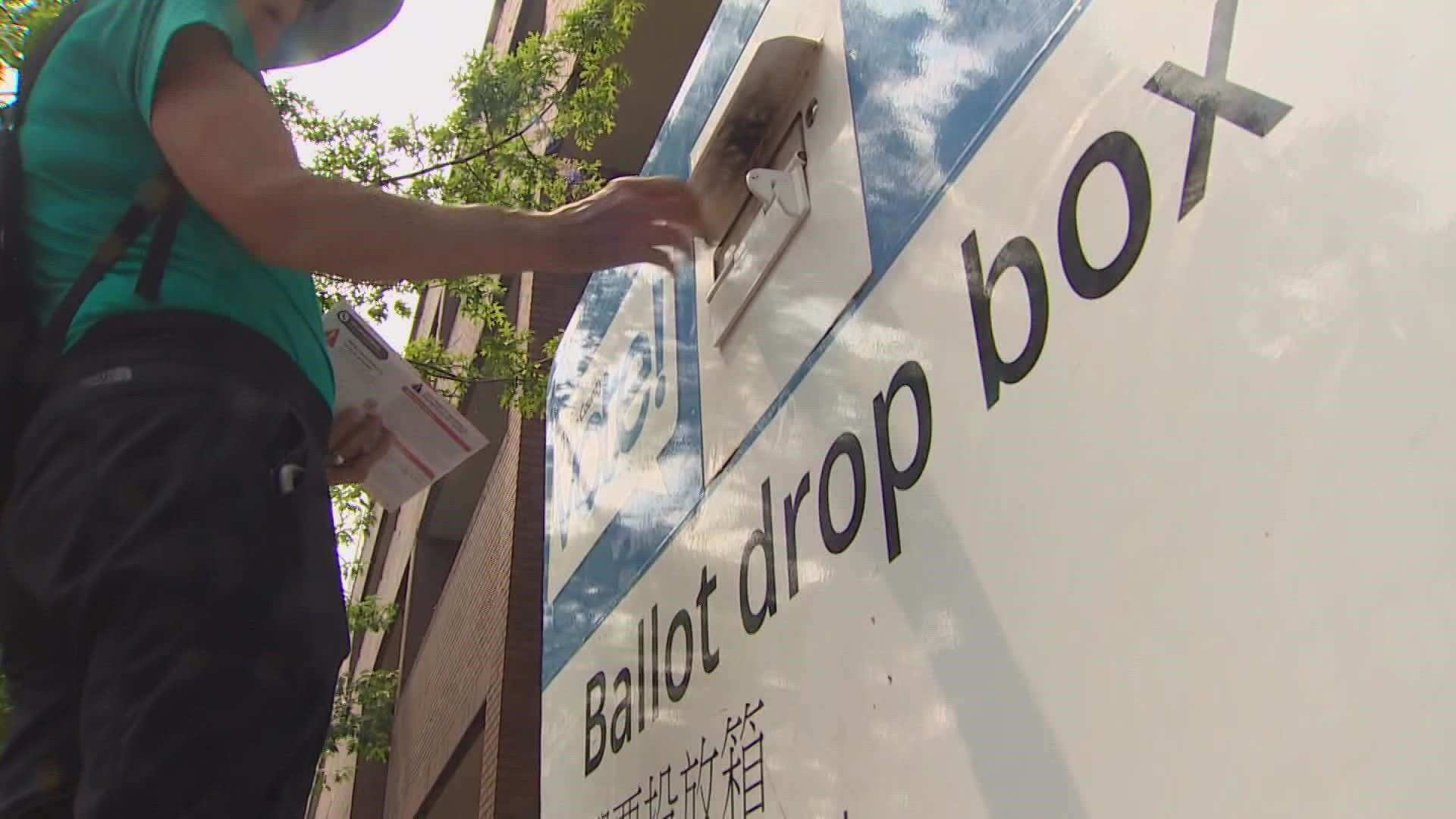Have you ever voted for a candidate simply because you recognize their name? Or because they seem kind? You’re not alone. We can often make emotional and frankly irrational choices when it comes to politics.
In this week’s Mindful Headlines podcast, historian and journalist Rick Shenkman talks about his book “Political Animals: How Our Stone-Age Brain Gets in the Way of Smart Politics.”
Shenkman argues that our emotions, biases and impulses can greatly influence us at the ballot box.
“For most of human history, we were not living in cities with airplanes, the internet and automobiles…instead we were hunter-gatherers living off the land,” Shenkman said. “That led to us developing instincts and these mental operations that helped us survive and thrive in that environment, not in the environment that we’re currently in. And the problem is in politics we’re almost always going on instinct, which means we’re almost always going wrong.”
Shenkman is an Emmy award-winning journalist who has written numerous books about politics and presidential history. He is also the editor and founder of George Washington University’s History News Network, a website featuring historians’ perspectives on current events.
In his book “Political Animals,” Shenkman draws on psychology, political science and history to explain the complexities of the American voter.
“We assume in a democracy that facts are what count,” Shenkman said. “Facts do count to a certain extent.”
Shenkman explained how after the Great Depression voters shifted their support from the Republicans to give Democrats one of the greatest landslide victories in American history – electing Franklin D. Roosevelt – indicating fact-based voting to support a candidate based on economic need.
But Shenkman argues it’s not always facts that matter most in politics. So, what does affect our voting? Tribalism, said Shenkman.
“Over millions of years, this pro-tribe bias really burrowed itself deep in our brain,” Shenkman said. “When scientists try to measure tribalism in the brain, it lights up many different parts of the brain. It indicates how ancient part of the brain is…it goes way, way back. Any time a politician can activate somebody’s tribal identity, man they’ve got that guy’s vote.”
According to Shenkman, voters can become more confident at the ballot box by ignoring political ads and newsletters and instead reading trusted journalism from both liberal and conservative publications. Shenkman said it’s also critical to be aware of our biases, instincts and human psychology.
Previous Mindful Headlines podcast episodes
Washington's trailblazing Black senator is shaping the conversation on foster care and mental health
"Mindful Headlines" is a news podcast about the Pacific Northwest that explores how our psychology intersects with current events.
The way we interact with our world is influenced by the way we perceive the world. In turn, our collective minds shape the issues that make headlines in our local communities and nationwide.

